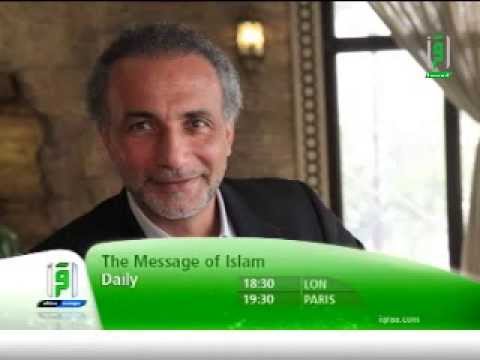Meeting of Representatives of World ReligionsPrague
We live in a world experiencing a radical socio-cultural change called globalization. A typical characteristic of globalization is the interconnectivity of various nations, races, cultures and religions including those who have so far lived relatively separated. This increasing interconnectivity obviously is not and will not be idyllic; it might cause a number of conflicts, even of worldwide extent.
In this new civilization religion plays new and very important social roles. Through the process of globalization many large entities fear the possible loss of their identity and it is the religion, which often becomes the main expression of this identity and the means of the struggle for its preservation.
We often witness how feelings of frustration and injustice, which in the 19th and 20th century were expressed by national, racial and class hatred, are now expressed in the language of religious hatred.
During the time of modernization and secularization of the Western countries it seemed that the whole world will follow this pattern of retreat of religion from the public life, but recently we have observes a worldwide radical accession of religion into politics.
Many personalities and groups, inspired by their religious traditions, are now working to counteract the misuse of religious ideas and symbols for the purposes of group hatred by calling for friendly dialogue of representatives of different religions and cultures.
The fact that religions might become catalysts of international conflicts or bridges over global gaps should be a sufficient reason for us to see the inter-religious dialogue as one of the most important tasks of our times…



